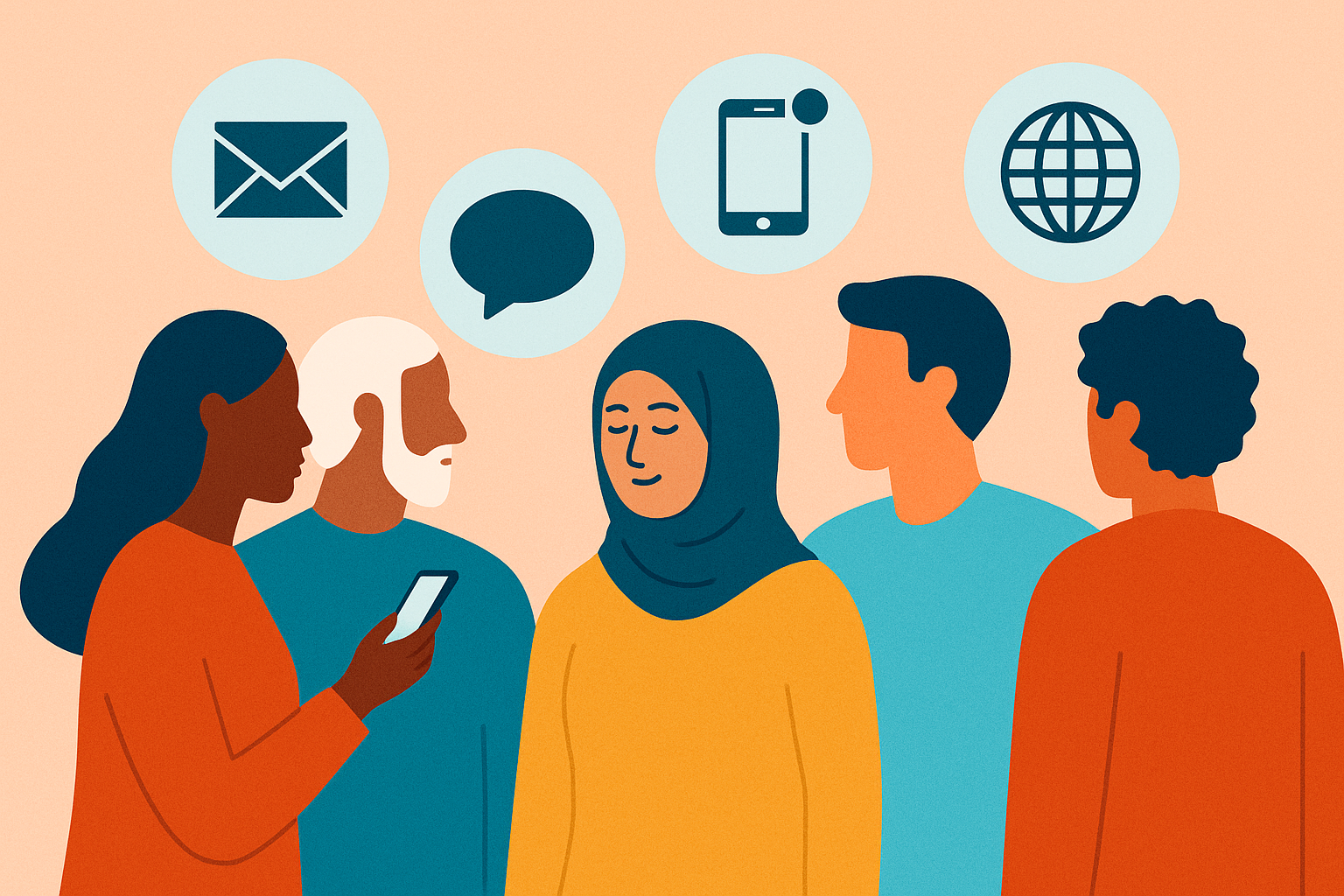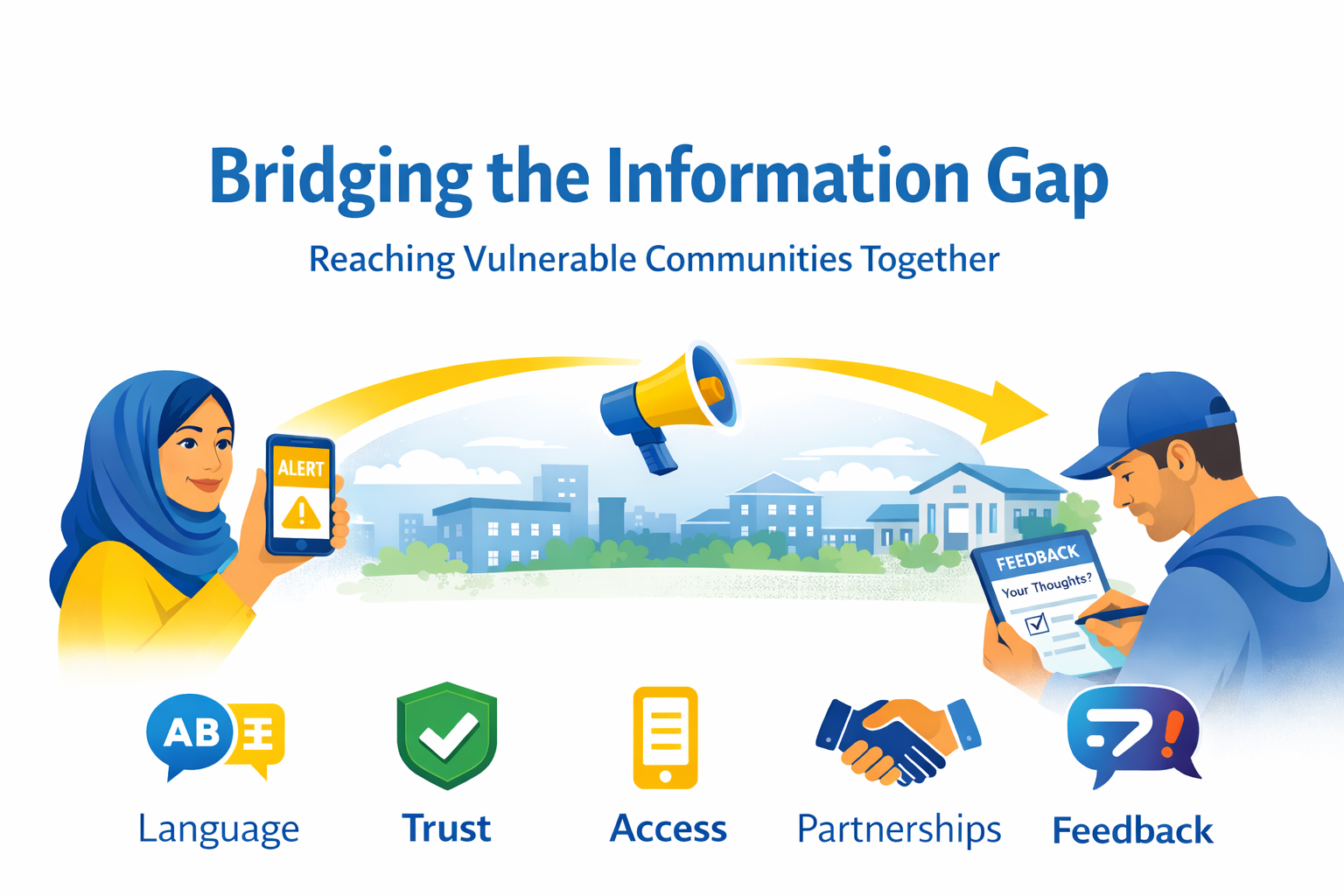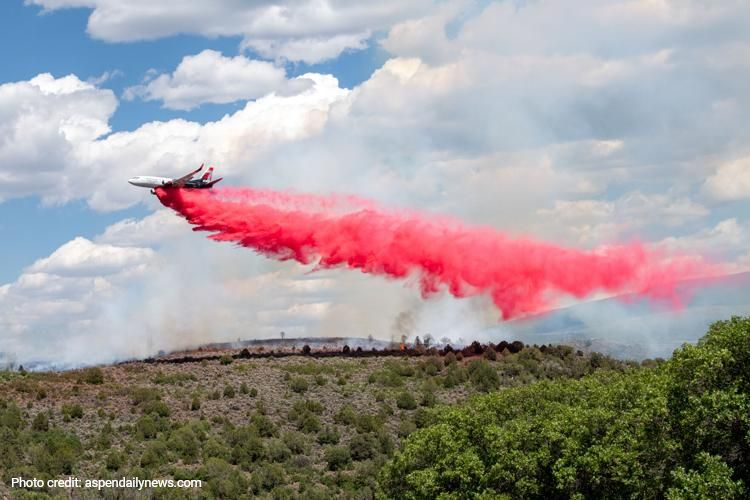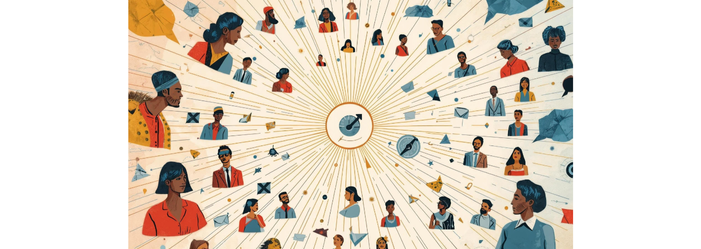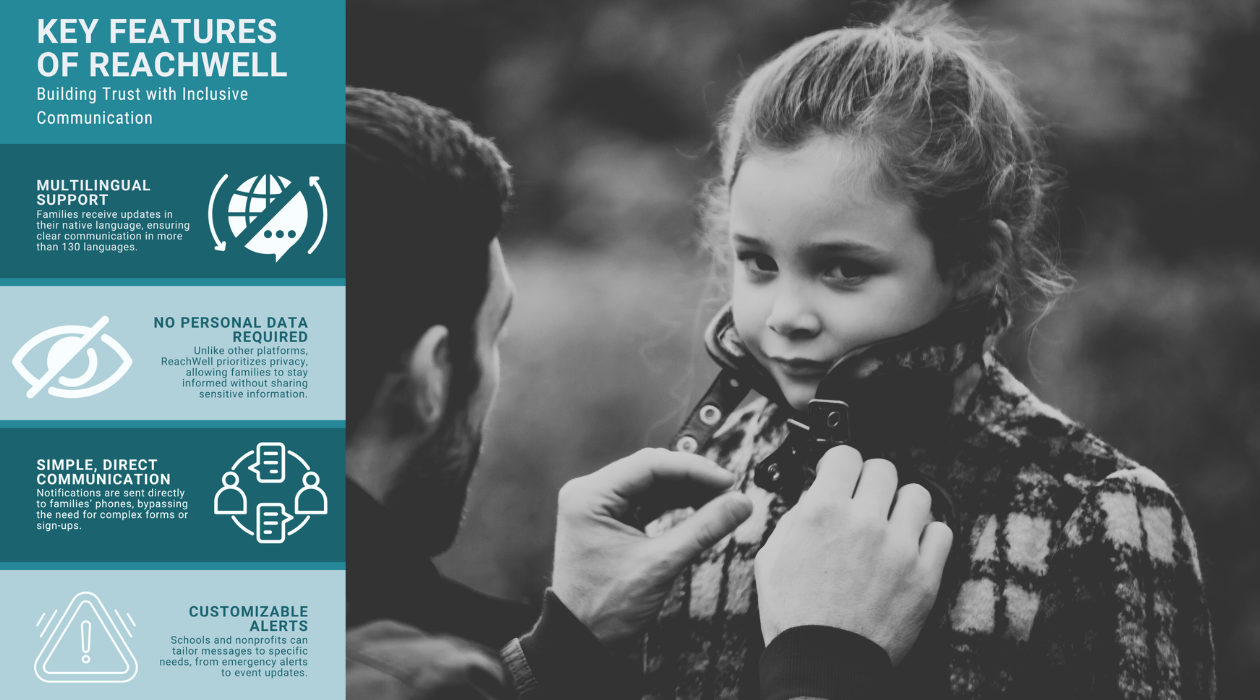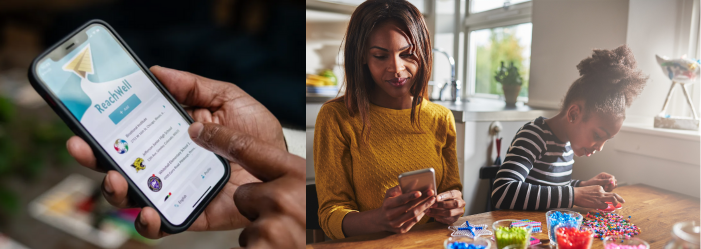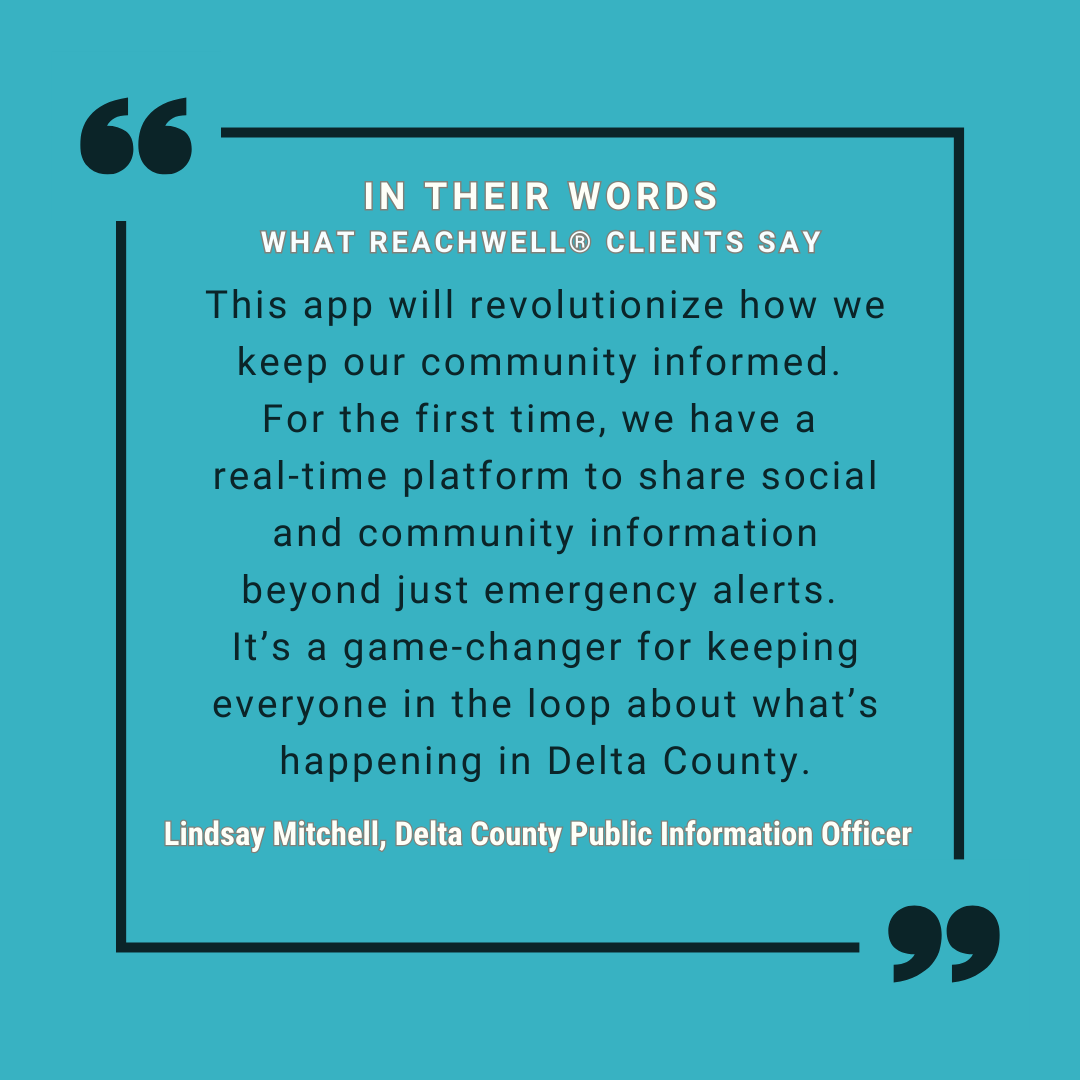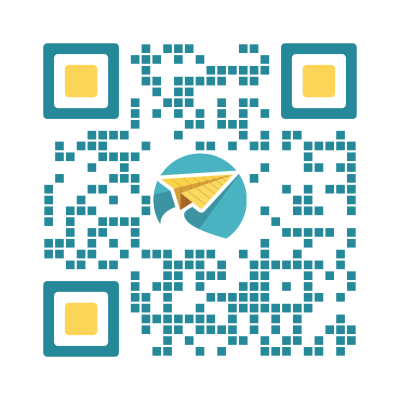What Do Forests Have to do With Trauma and Resilience?
Dr. Wendy Ellis outlines creating opportunities for community healing and fostering equity through a framework inspired by nature.
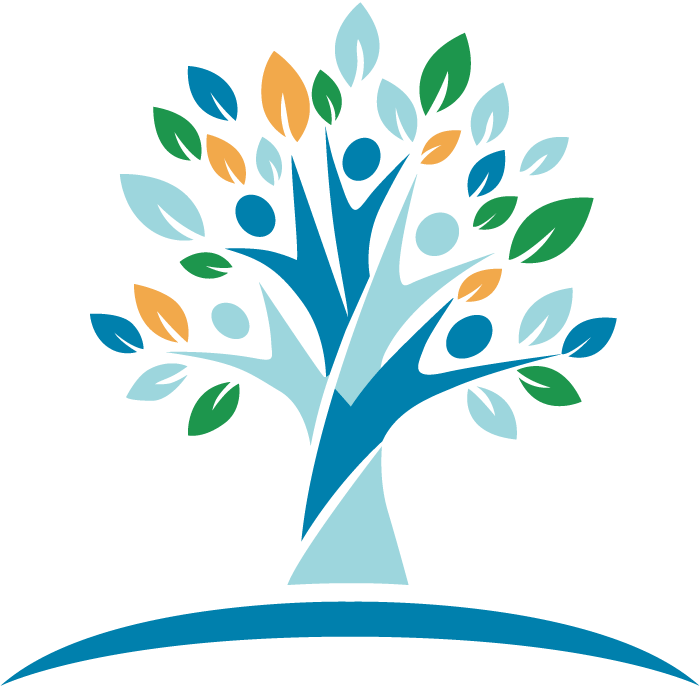
Scientist Suzanne Simard proved that resource sharing is how resilient forests thrive. Her research flew in the face of popular scientific theories that healthy trees were a result of competition and resource hoarding. Prior to Simard's research, forest service practices reflected a belief that the oldest trees, also known as Mother Trees, were best cut down, so the younger generation of trees could thrive. Simard proved that, instead, Mother Trees pass along excess nutrients to seedlings through fungal networks in the soil.
Why the biology lesson on a blog dedicated to family engagement?
Dr. Wendy Ellis, who created the Building Community Resilience process, found inspiration in forests as an analogy for supporting the children and families who are most in need.
First, let's start with the soil. Simard's research proved that where Mother Trees were present, the soil was healthier and had more fungal networks present to transfer nutrients. Without that healthy soil, seedlings' leaves and branches were malnourished.
A child's community environment is as important to their development as the soil is to the seedling's growth. Adverse community environments--like food insecurity, racist policies, or community violence--lead to adverse childhood experiences, such as trouble learning in school or substance abuse.
Dr. Ellis described a very real scenario of an adverse community environment: “During COVID, the only full-service grocery store closed on the Southside. On top of that, bus lines and metro service were cut because of the pandemic, making it harder for families to get healthy groceries. The corner stores don’t sell nutritious foods. When the city appealed to grocery store chains, requesting they open on the Southside, corporate declined, citing high poverty and low homeownership.”

How can we add nutrients back to the soil?
As the Mother Trees teach us, strong networks are vital to a community where resources are shared, and all can thrive. Yet when trust has eroded over the years, community healing must be a central part of the process. Dr. Ellis notes that individuals with lived experiences must be centered in discussions, and city leaders must formally acknowledge systemic inequities, and develop incentives that foster social and economic mobility.
Using the grocery store example, Dr. Ellis' outlines three steps toward long-term change:
- Program: Developing a community-driven local food system with new licenses for small businesses like a co-op or farmers market. This would create networks among the urban shoppers and nearby farms.
- Practice: Stores that sell high quality, nutritious, affordable food improve the health of the community, while the new jobs at the co-op provides living wages.
- Policy: City leaders provide incentives for grocery stores to open on the Southside and plan for public transportation routes to run near grocery stores.
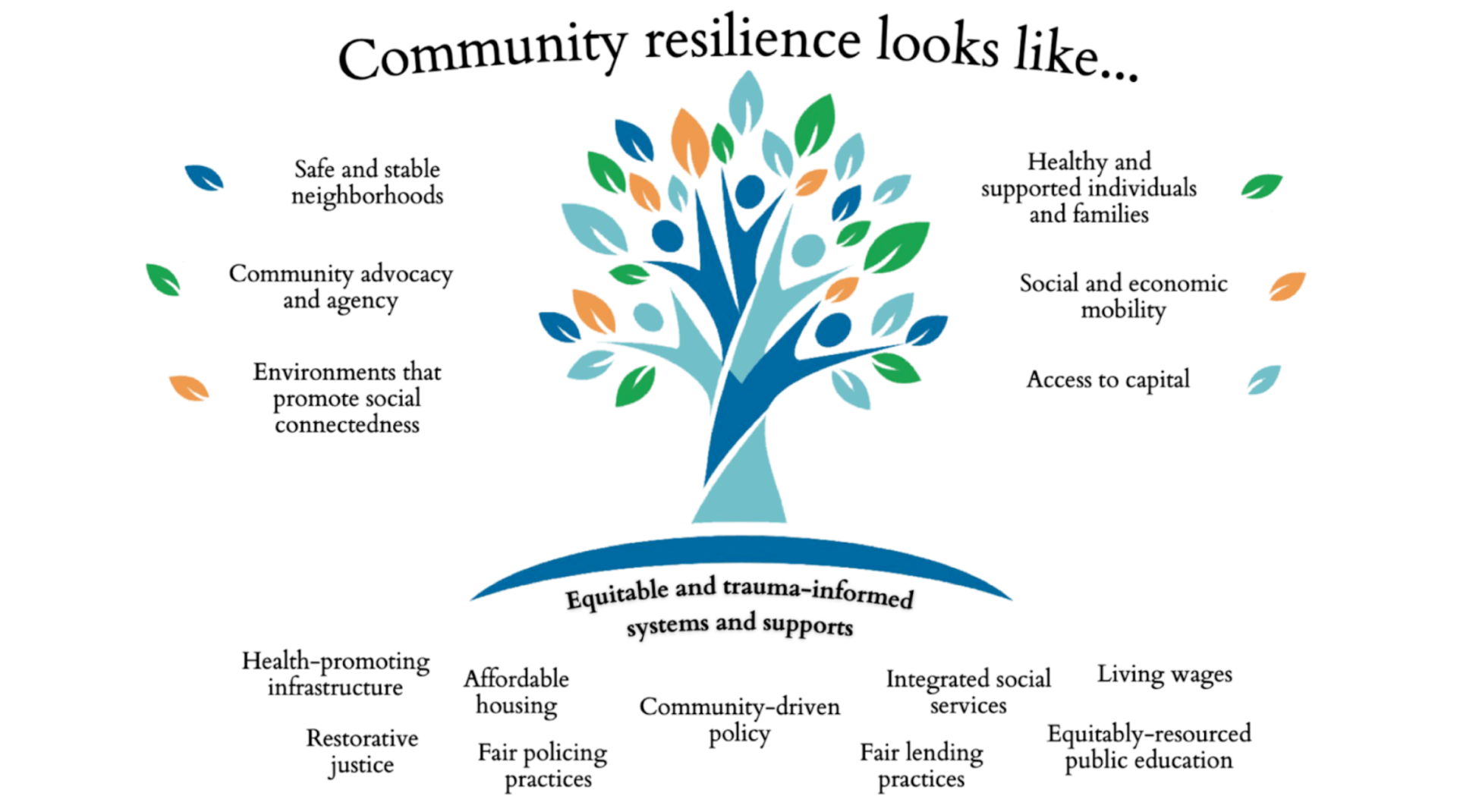
Resilient communities, rich with networks of family supports, foster thriving children and families.
Share in the comments how residents in your area enrich their "soil" to build a thriving community!

